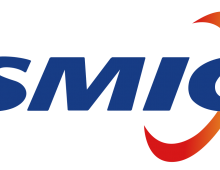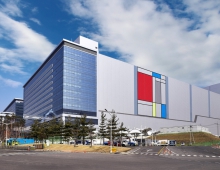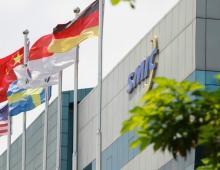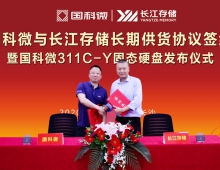
ASML Delays Delivery of EUV Equipment to Chinese Chipmaker: report
ASML, Europe's largest manufacturer of advanced chip-making machines, is reportedly holding back the delivery of Extreme Ultraviolet lithography (EUV) chip manufacturing equipment to China's Semiconductor Manufacturing International (SMIC), as a result of U.S. pressure.
Sources told the Nikkei Asian Review that a scheduled shipment of an ASML EUV machine to SMIC, China's largest chip maker, is now "pending later notice."
"ASML has decided for now to hold back delivery of the EUV equipment as it does not want to make the U.S. government upset that it ships the most advanced chip tool to China" right now, Nikkei's sources said.
"But at the same time it [ASML] does not want to make China and its Chinese customers feel bad [about the delay] as that is its fastest growing [tech] market" the source added.
SMIC placed the order with ASML in April last year for its machine, which is needed to produce chips using advanced manufacturing nodes.
The delivery was previously scheduled for the end of 2019 with installation completed by mid-2020, the report added.
The decision by is a blow to Beijing's aspirations to achieve self-sufficient, technological supremacy.
ASML, which has a production plant U.S., could be under direct or indirect pressure from U.S. authorities, or the company cold be also seeking a renewed export permit from the Dutch government.
SMIC declined to comment about the delayed shipment and said only that the project was still at the "paperwork stage". ASML said it did not comment on specific customer orders.
ASML, the sole maker of EUV machines, is also subject to the so-called Wassenaar Agreement -- a multinational export control protocol designed to stop the spread of advanced technologies that can be used for military ends -- but the company had an exemption from the Dutch and European authorities to sell the machine to Chinese customers. Currently, ASML says that "a request for the renewal/extension of the export license for EUV to China is currently being processed by the Dutch government. Pending this process we cannot ship EUV to China."
Another reason for the delay might be because its U.S. operations mean that ASML could fall under U.S. jurisdiction in some cases. Companies are required to follow the export related laws and regulations in the countries where they operate and failure to do so could result in legal or regulatory penalties under the laws and regulations of the country with jurisdiction over the company.
SMIC, which lists Huawei's chip arm HiSilicon among its clients, has long struggled to make meaningful profits. Although SMIC is still several years behind the industry leader with limited profitability improvement,the Chinese company has become more aggressive in its chip plans under co-CEO Liang Mong-song, a veteran former executive from Samsung and TSMC.
SMIC has recently begun manufacturing 14nm chips, while both Samsung and TSMC are now manufacturing 7nm chips.
The U.S. scrutinizes all major companies in Chinese tech supply chains, such as Taiwan Semiconductor Manufacturing, the world's largest chip-maker, which supplies chips to Huawei.
According to the Financial Times, Washington has repeatedly pressed Taipei this year to restrict TSMC from selling chips to Huawei. Although Huawei is on a U.S. technology black list, TSMC has continued to manufacture chips for Huawei, its second biggest customer, saying that its supplies comply with regulations.




















